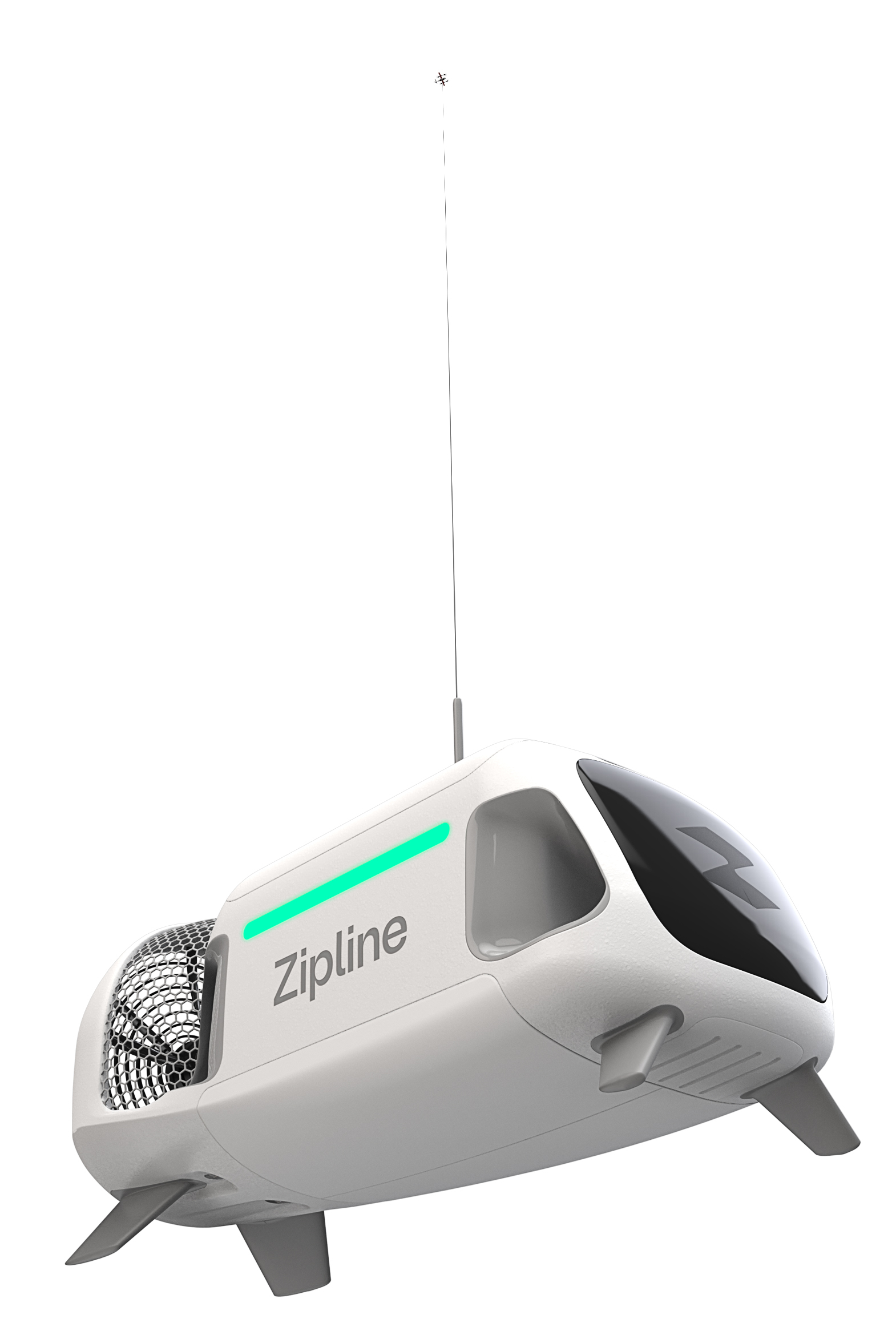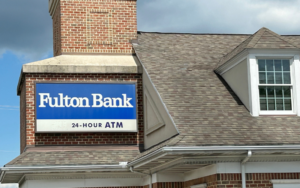A regional health system is laying the groundwork for an aerial delivery service.
- WellSpan Health said yesterday it is partnering with San Francisco-based Zipline to offer a service that would ferry patient prescriptions, lab samples and medical products via autonomous drones.
- The health system offered no timeline for when service would begin.
- When it does, it would likely be the first of its kind for a health system in Pennsylvania. But WellSpan would not be Zipline’s first customer.
- The drone company has a roster of well-known clients, including Walmart, Pfizer and salad chain sweetgreen.
- Health care users include Cleveland Clinic, Utah-based Intermountain Health and Great Britain’s National Health System.
How does it work: WellSpan would plug into a delivery system in development that Zipline calls Platform 2
- An electric drone flies to a destination and hovers in the sky at an altitude of about 300 feet.
- An autonomous delivery droid then descends via tether to the drop-off point, such as a patio table or front steps.
- WellSpan said it would use the service to deliver prescriptions to patients’ homes but also to shuttle lab samples and medical products between its facilities.
- The health system operates eight hospitals and numerous medical offices across Central Pennsylvania and northern Maryland.
- The drone service is projected to save time and energy.
- Zipline would operate and maintain the drones, called Zips, which can fly in most weather conditions. The vehicles will be able to carry a payload of six to eight pounds a distance of 24 miles on a single charge.
- Patients would be able to track their deliveries down to the second, according to WellSpan.
- “We’re making our system lower cost, faster, and more sustainable by bringing this exceptional technology to South Central Pennsylvania,” WellSpan president and CEO Roxanna Gapstur said in a statement. “We know the easier it is to access care, the healthier people can be. With Zipline, we’re connecting healthcare straight to your front door.”
What’s Zipline: Founded in 2014, the company has been a pioneer in autonomous drone delivery, a technology that promises to upend traditional delivery services, particularly in rural areas.
- Zipline got its start delivering medical supplies in Rwanda.
- The company — which has raised more than $900 million on its way to a reported valuation of roughly $4.2 billion — now operates on four continents.
- It makes a delivery roughly every 70 seconds, while its autonomous drones have logged more than 60 million commercial miles.
Are there rules: Yes.
- Regulations governing U.S. airspace have posed an obstacle to the growth of drone delivery.
- The rules generally require drones to stay within sight of their operators, limiting the reach of the vehicles.
- However, the Federal Aviation Administration cleared Zipline last year to fly its vehicles outside an operator’s visual line of sight in what the company’s COO described as a “landmark step.”
The other local angle: Officials in Columbia, Lancaster County, are working to develop a drone center at a former airport at the southern end of the riverside borough.
- “The key to our plan is developing a public/private partnership with the state to develop long-distance drone operation training,” borough manager Mark Stivers said yesterday. “The fact that WellSpan is moving that direction should only help our cause.”








